Listen, Watch, or Read. I got you covered.
Hey everybody in this episode of Ricky's Historical Tidbits I am going to do something a little different. A Tidbits Blitz, What that is, is a handful of tidbits in one episode. These tidbits are short but worth telling so instead of posting a super short episode for each one I'm going to do a bunch in one episode.
Ready? Okay, let's get started.
Hank Monk
Hank Monk was a famous stagecoach driver in the Placerville area. He arrived in Sacramento from Boston in 1852 and started driving the Sacramento - Auburn route for the California Stage Company. Soon his "shift bid" changed to the Sacramento - Placerville route.
After a few years, he went on to work for J.B Crandall, driving the Placerville to Genoa route, that company was bought by Wells Fargo and Mr. Monk drove Nevada Stagecoach routes, mostly Carson City - Virginia City.
Here's a quote about him...
"Hank Monk, the incomparable! The most daring - the most reckless of drivers; and the luckiest. The oddest, the drollest of all the whimsical characters who made Western staging famous the world over. ... It was a dream come true! I'm quite sure that had anyone asked me which of the two I would rather see - hear - speak to, Hank Monk, or the President (and that I mean Abraham Lincoln), it would have been the former I unhesitantly would have chosen. Without a doubt my youthful judgment was bias, but the fact remains."
And if you are wondering if he ever got held up, the answer is yes, here’s a quote about that
“On one of those stops, he told the story about the day he was traveling to the top of Kingsbury Grade and was confronted by a robber. He was so surprised by the event, he threw the whiskey bottle that he was drinking from at the robber’s head, knocking him out. Hank climbed off his stage, gathered up his bottle of whiskey, put the robber in the stage, and delivered his new passenger to the sheriff at Friday’s Station."
George Lathrop
If you are interested I found a short book he wrote about his life called "Memoirs of a Pioneer; Indian fighter, Cheyenne-Deadwood stage driver, one of the first to help in the opening of the great West". It's free.
In the memoirs he talks about how he was a no-good boy who ran away from home, He lived in Kansas for a little while during the Bleeding Kansas craziness. He eventually made his way toward California but the majority of his group turned back to head home. He went on to New Mexico before he decided to head back to Kansas too.
He then goes on to tell about an ambush in the plains where a bunch of Indians came and killed a bunch of the people in his camp and he hid and watched in terror as they scalped his friends. One of the men in his camp was shot right through the chest and scalped but lived he and some other survivors trekked 460 miles to the nearest doctor to hopefully help save his life.
Later on, he tells of a little white girl that the Indians had captured and enslaved for a year or so and how they were able to get the girl back and protected her, hiding her in their clothes.
He then goes on to tell about another Indian attack where the Indians at night herded the men's buffalo out onto an ice-covered lake and their weight caused them to all fall in and die. Leaving the men with very little food.
Eventually, he drove a team out to Salt Lake City and marveled at how the Mormons had made such an interesting city in what was a desert. He tells a short story of going into a store and buying some of the strongest drinks he'd ever had, it was called Valley Tan which is Mormon Whiskey... according to a man he talked to, it was made of Wheat, Potatoes, Rattlesnakes and Horned Toads.
From there he went on to southern California where he passed a place called Mountain Meadow which is where the Mormons massacred 120 men, women, and children who were simply passing through but were infidels according to Brigham Young.
Mr. Lathrop went on to tell about how he had met Mr. Lee back in Salt Lake City who happened to be one of the leaders of the massacre and was executed by the USA not long after.
He tells of the first time he ever got a picture taken and how he wasn't a fan of California and that is pretty much it, He died before finishing his memoir.
I recommend reading the book if this interested you.
The best History books are not written by Historians but by regular people about regular life.
Phillip Armour
You may know the name Armour from the Hotdog song...
Well, let me tell you about Mr. Armour...
Phillip Armour was born in New York on a farm, was one of 8 kids and by the age of 19 he headed west to make it rich as a gold miner. By the time he got there, he didn't want to suffer anymore and saw that all that glitters isn't gold anyways. He saw that miners needed water to mine and so he chose to figure out how to control the water supply.
Pretty soon he had a decent operation building and operating sluices which are like gated dams that open and close to let water out. by the time he was 24, he had saved up 8,000 dollars which in today's money is almost $300,000.
He took that money and headed to Milwaukee where he opened up a Wholesale Grocery store and made a bunch of business connections which led to him getting into the meat business and getting contracts with the USA to supply meat to the Union troops during the Civil War.
The business did extremely well and made a ton of money during the war. Armour towards the end of the war made a bet that the Confederates would surrender soon and the war would be over so he made some contracts locking in his price at $40 a barrel of meat. Sure enough, the Confederates surrendered and meat prices fell down to $18 a barrel so Armour was making way more than he should have for a good amount of time profiting over 2 million which allowed him to expand the meat operation to Chicago.
In Chicago, his company was a leader in the innovation of meatpacking and slaughtering. One of the biggest innovations was bringing the hogs into the city to be slaughtered rather than at some slaughterhouse out in the country and shipping them in after to get butchered and processed. Also, he had an assembly line set up for the butchering process just like the big guys do today. which made the operation extremely fast but also extremely dangerous.
He was involved in a few scandals and was known for shutting down strikes. He employed mainly immigrants who had no other job choices and paid them half the going rate for that type of job.
Then, when the Spanish American War broke out, the US needed meat quickly but cheaply, so the big 3 meat processors including Armour started processing in less than ethical ways. Which ended up being called The Embalmed Meat Scandal. The meat being sent to the troops was so chemically processed that it didn't even resemble meat or taste like meat either and men were getting all kinds of diseases including dysentery from the meat they were given.
This essentially destroyed Armour's reputation and he retired within a few months and went on to be a Philanthropist, building hospitals and schools and giving scholarships.
Then he died fairly suddenly at the age of 68 from Pneumonia.
One of the most popular quotes he was known to give to young men was this...
"Always keep at it. Don't let up. Let liquor alone, pay your bills, marry a good wife and pound away at whatever you want and sooner or later you'll make good."

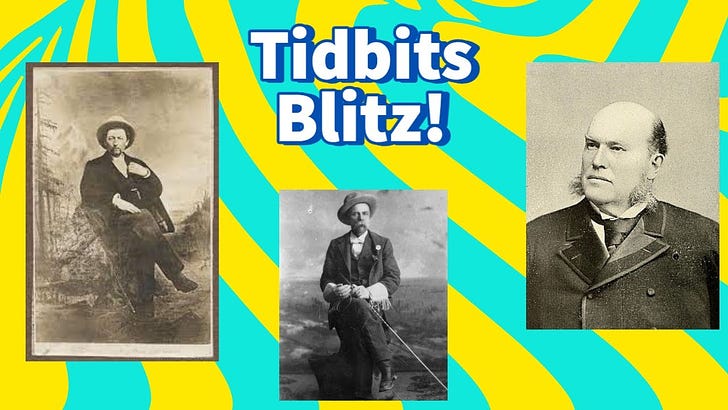


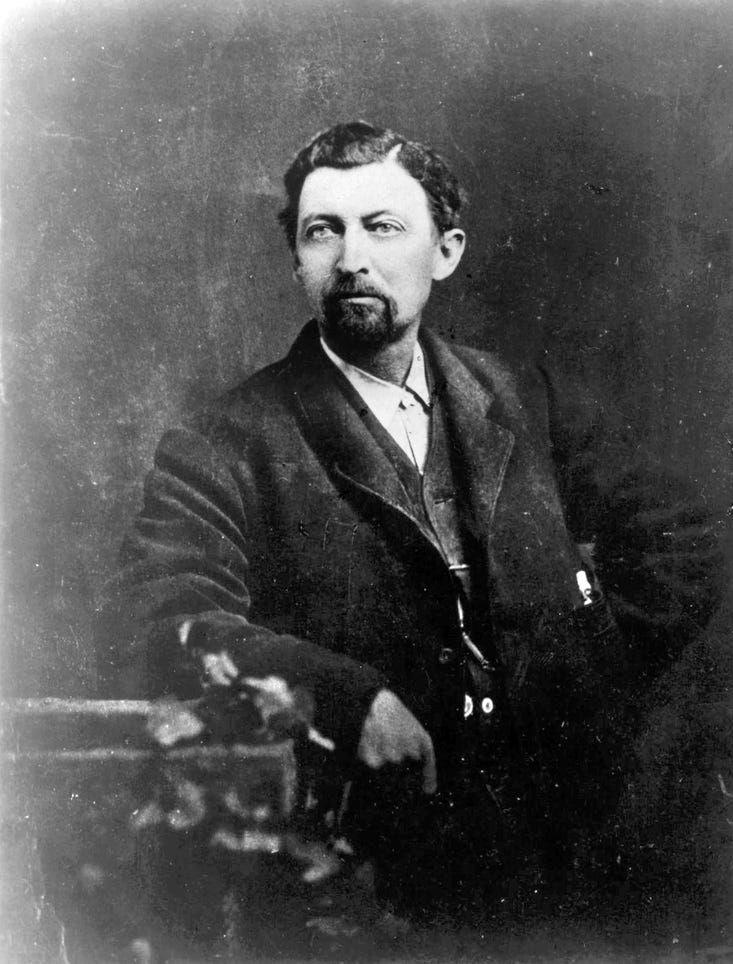
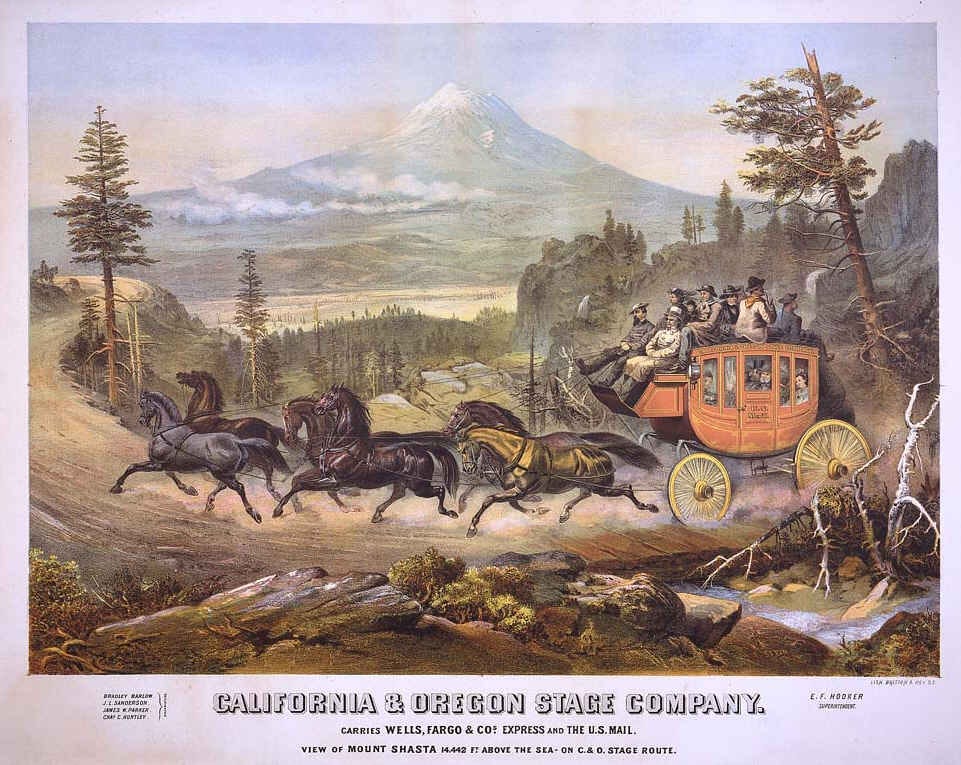
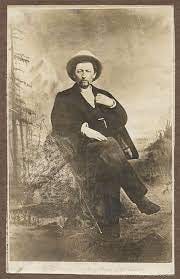
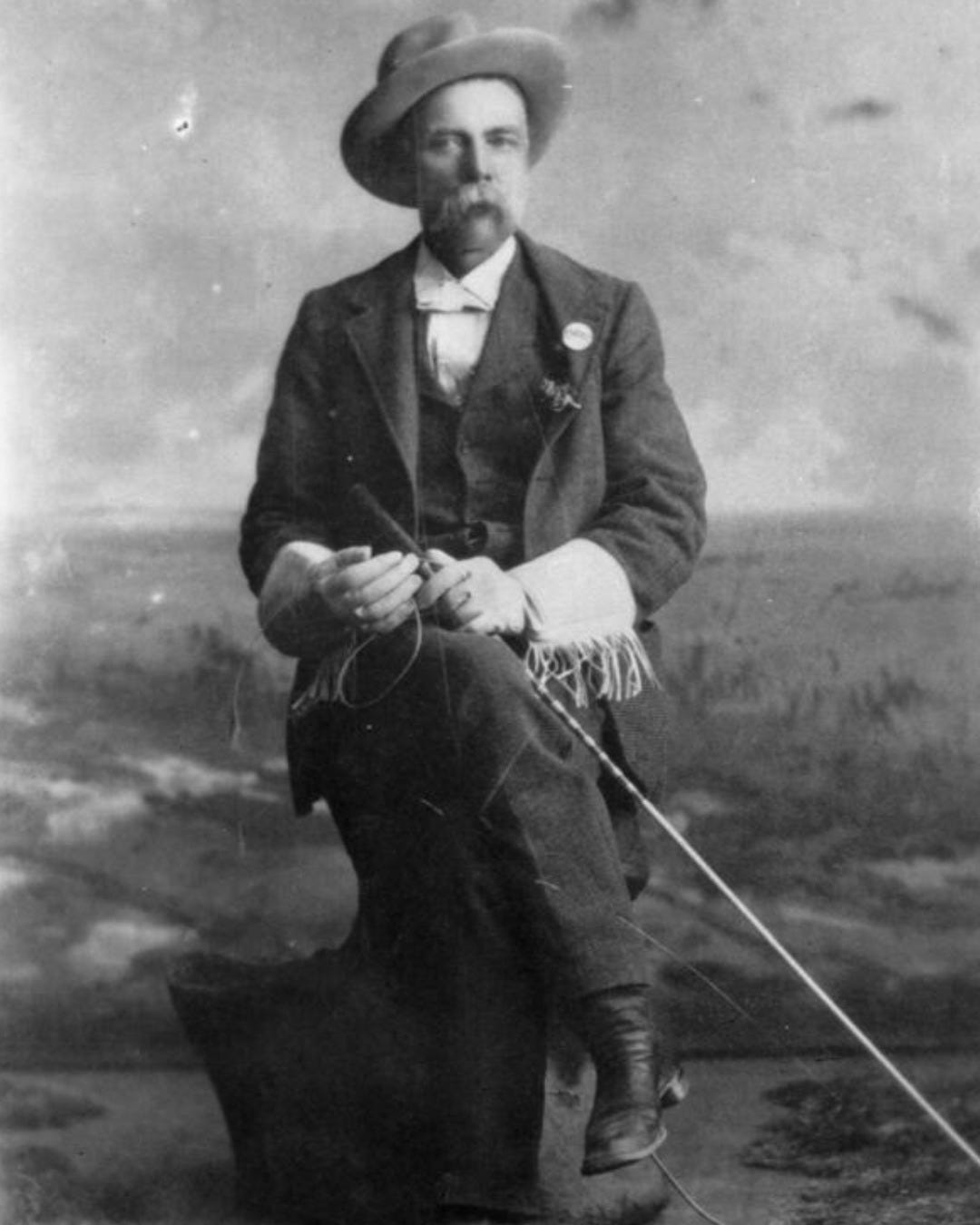
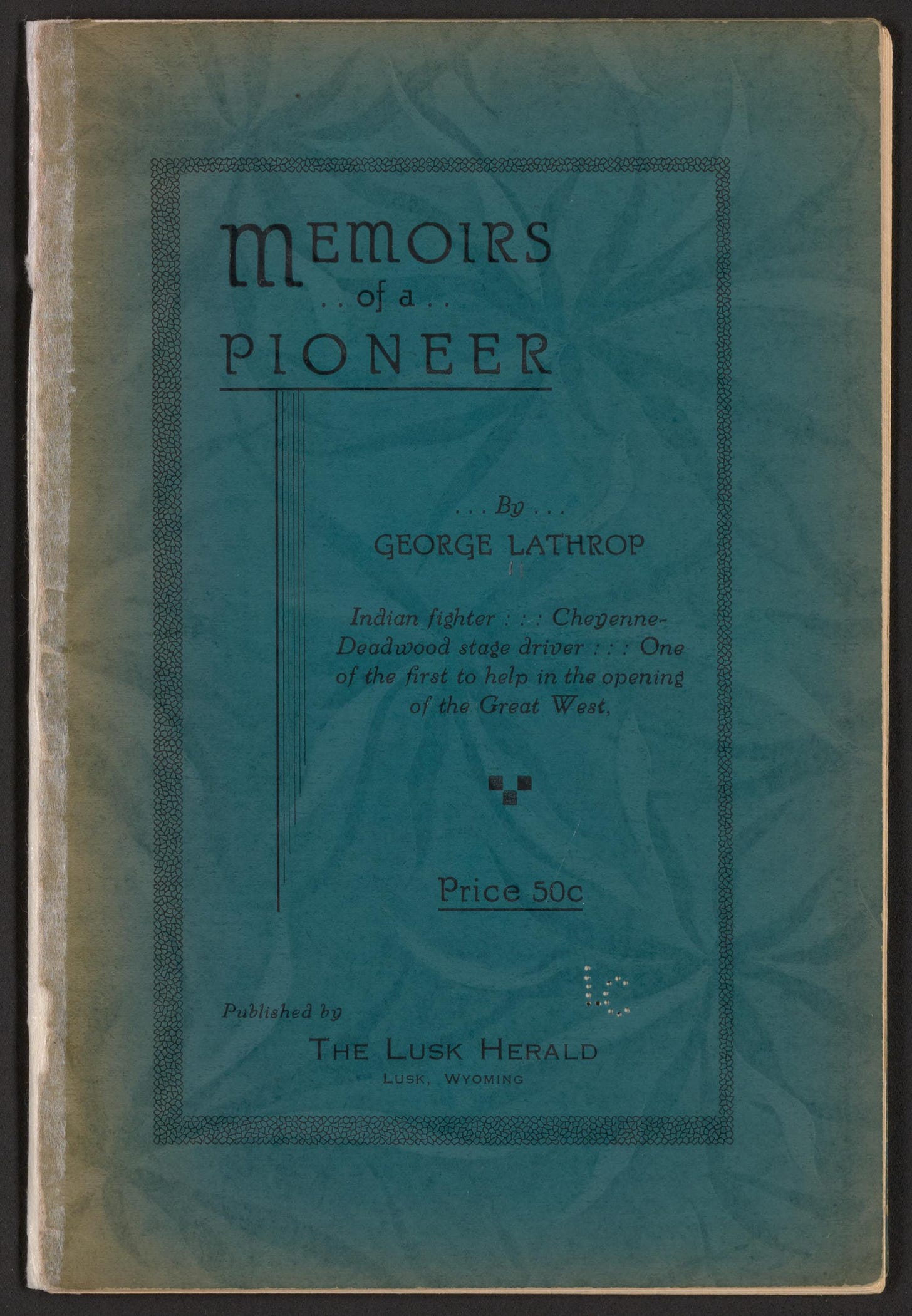
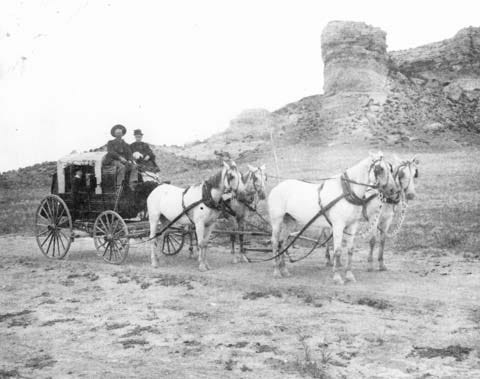
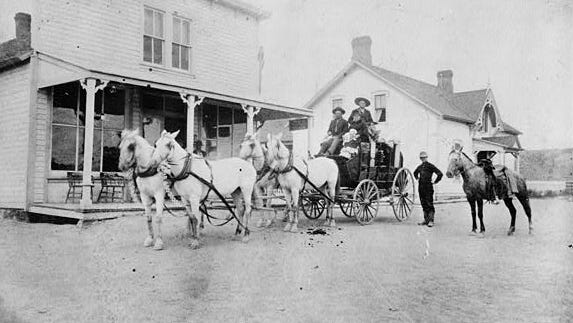
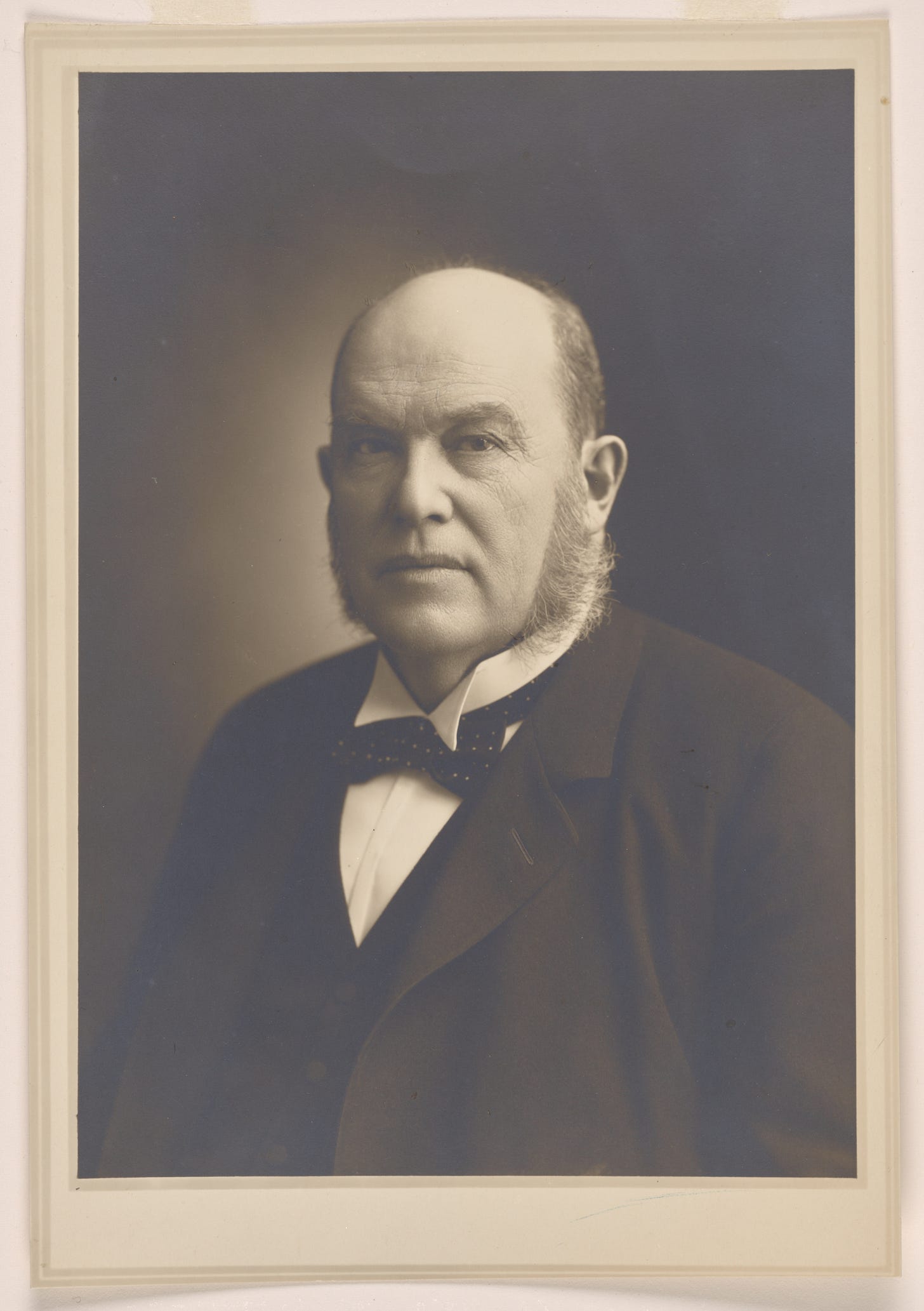

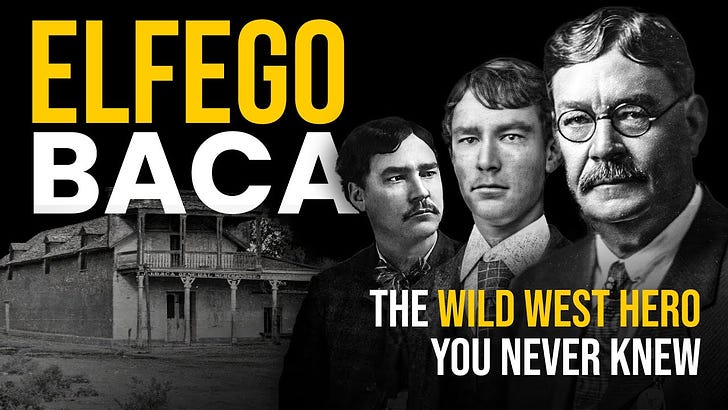
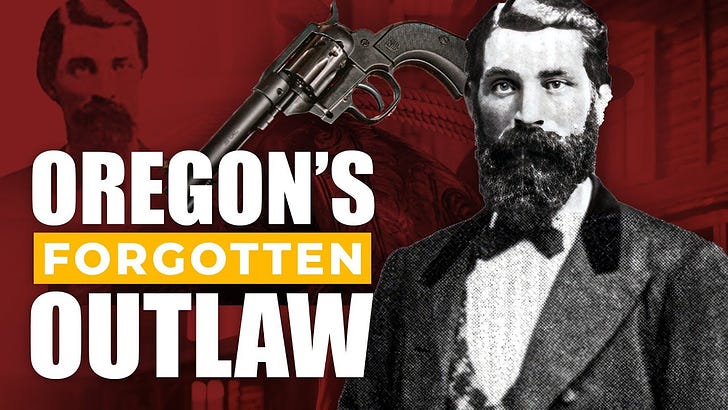

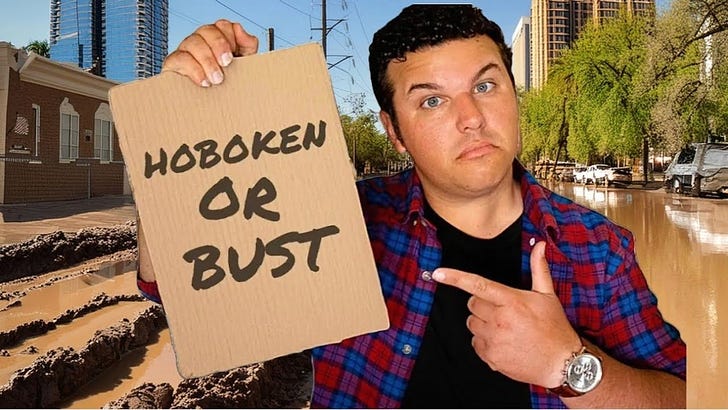
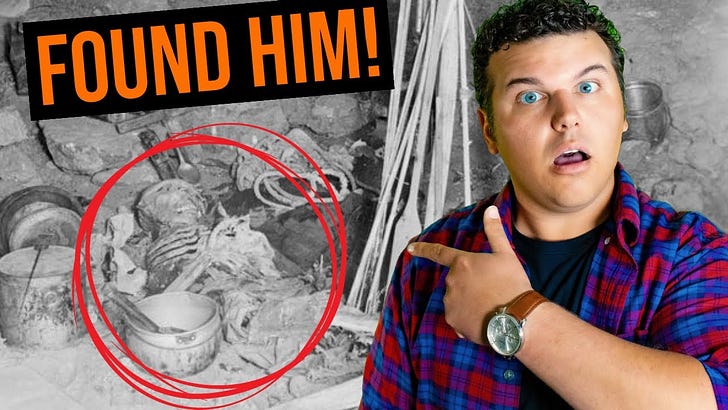
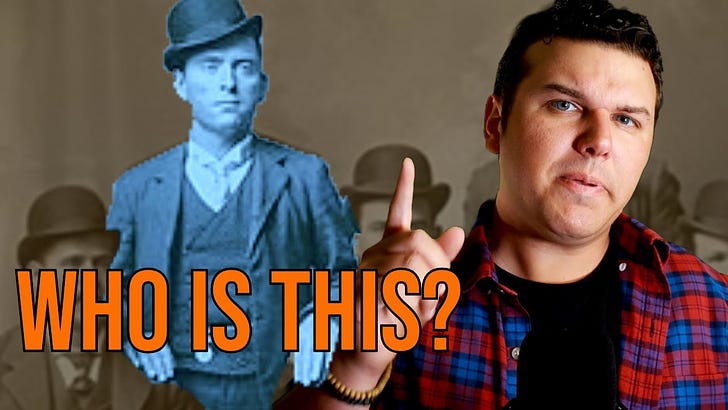
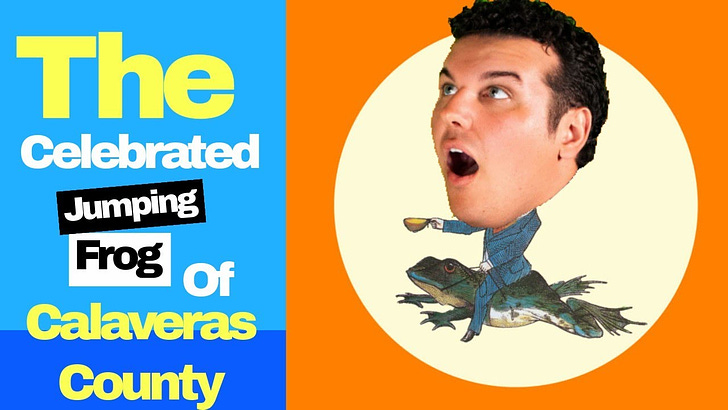
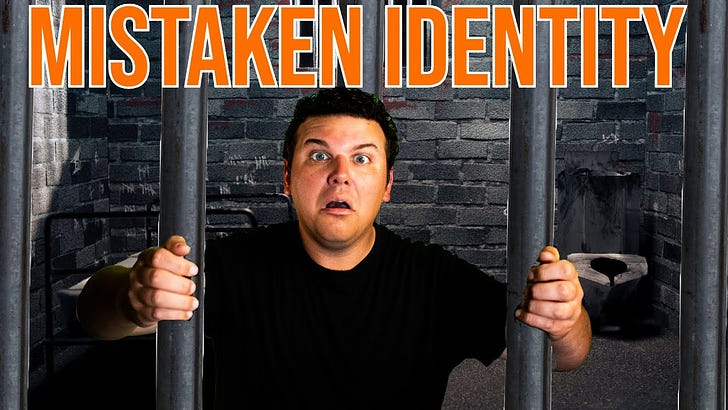
Share this post